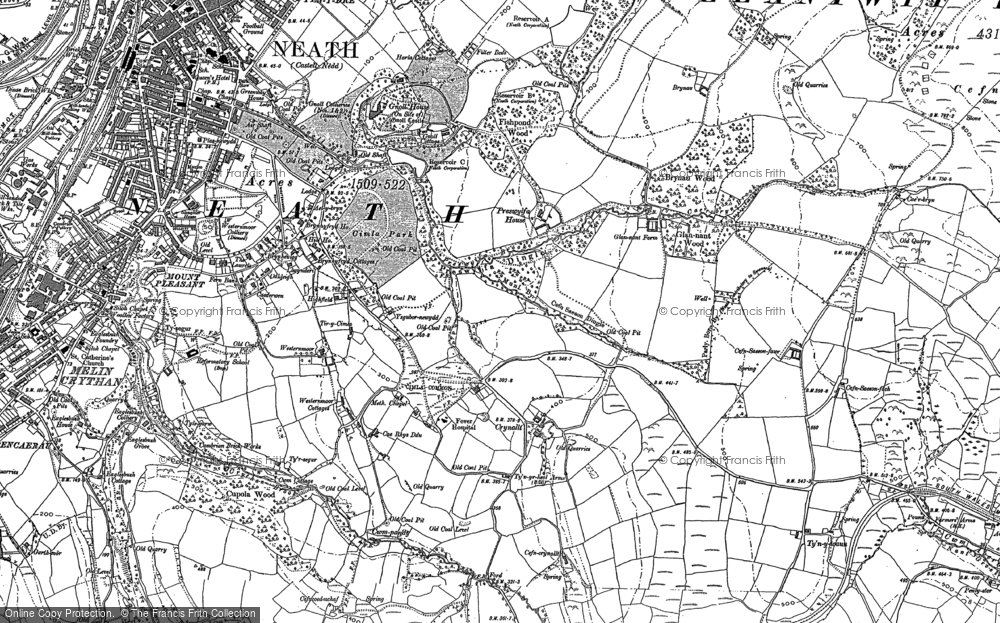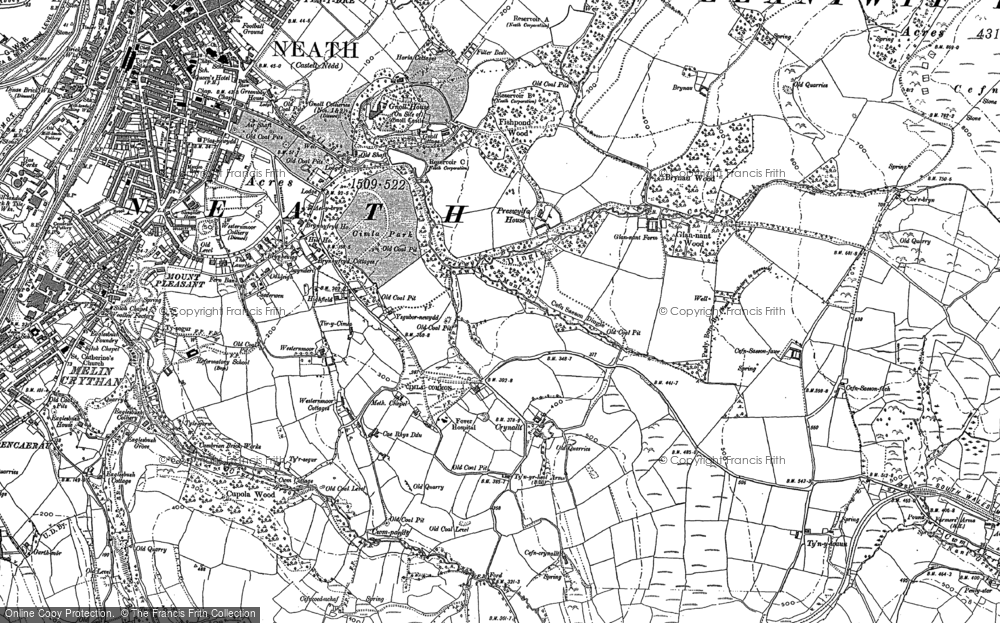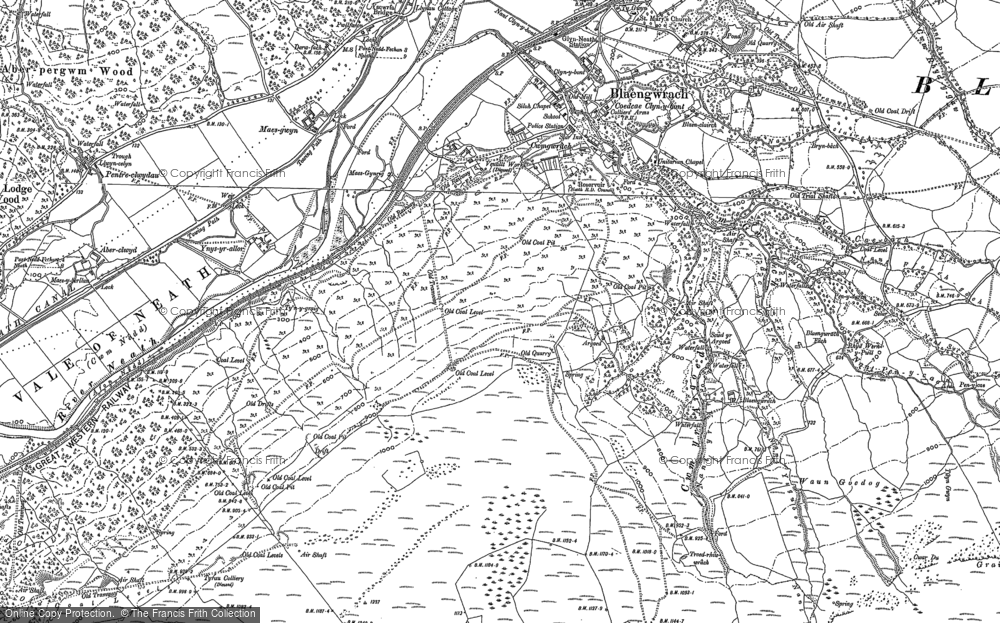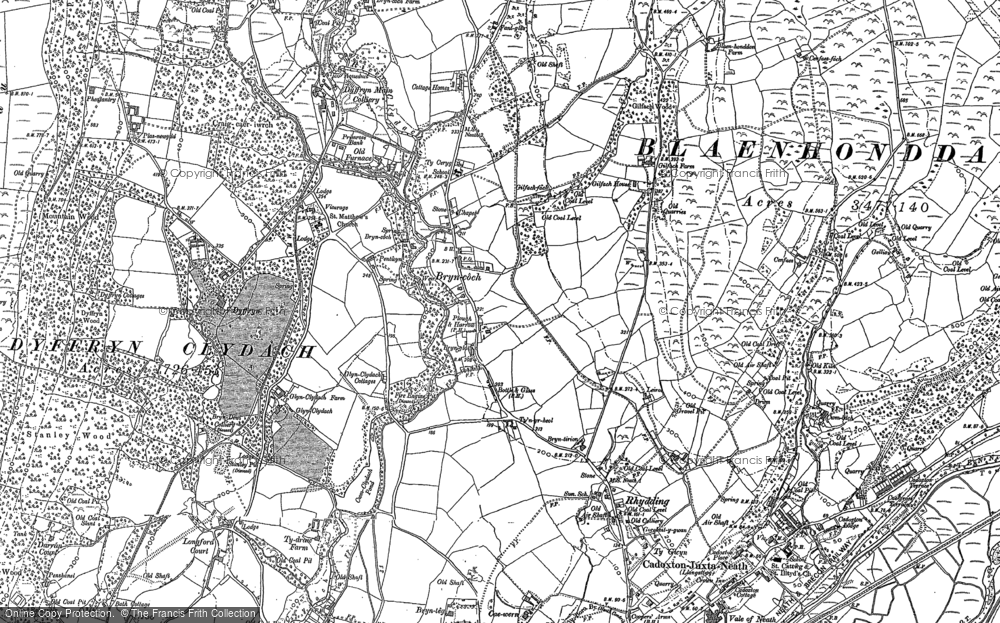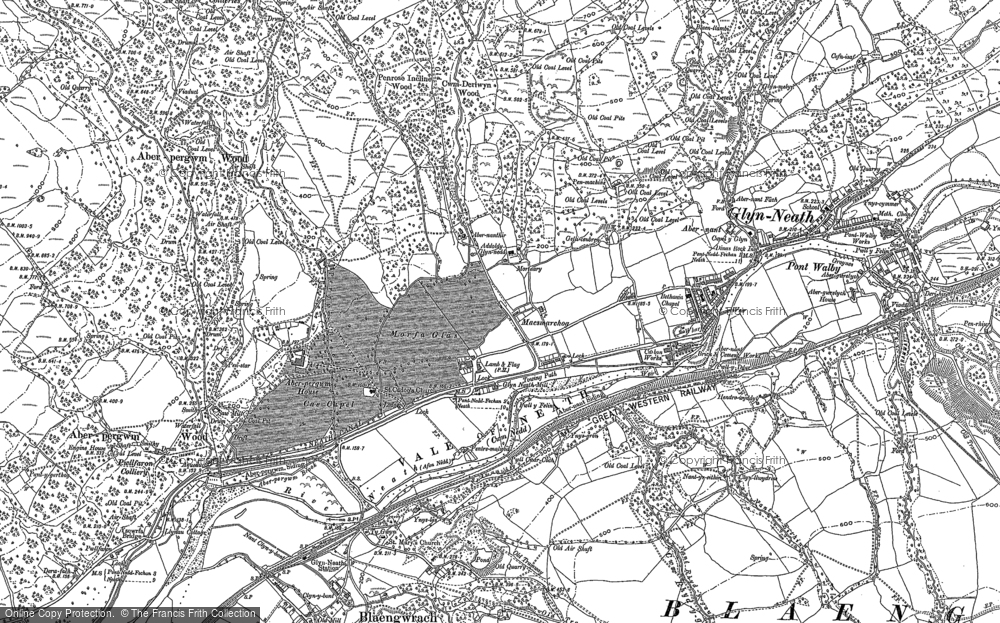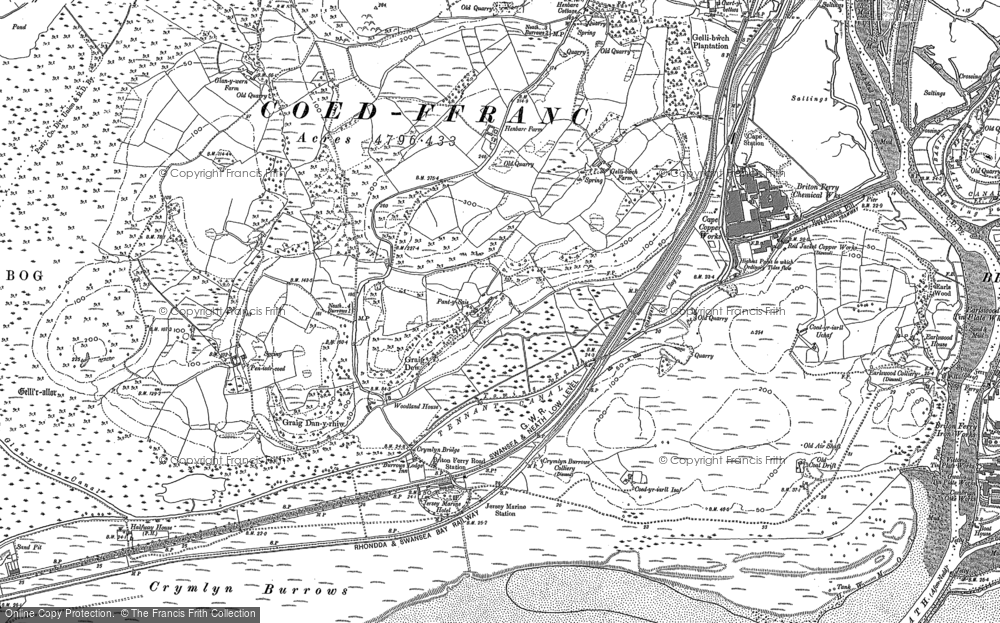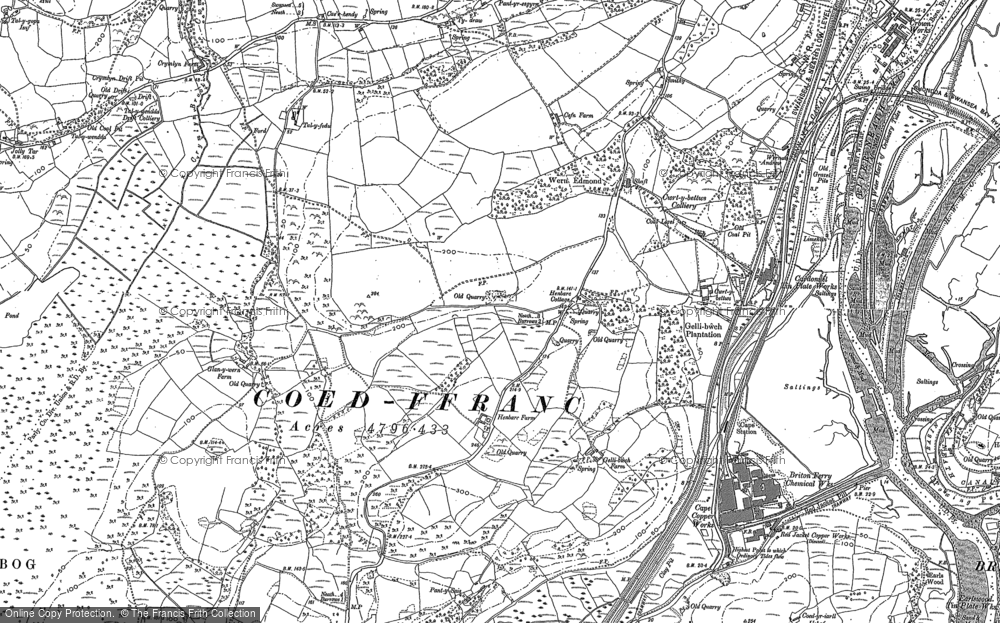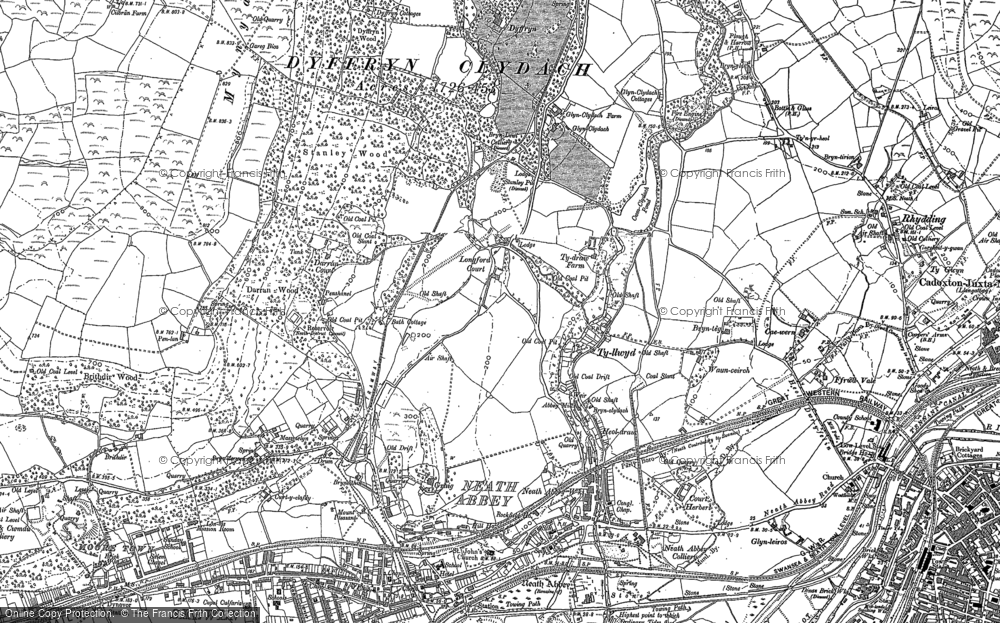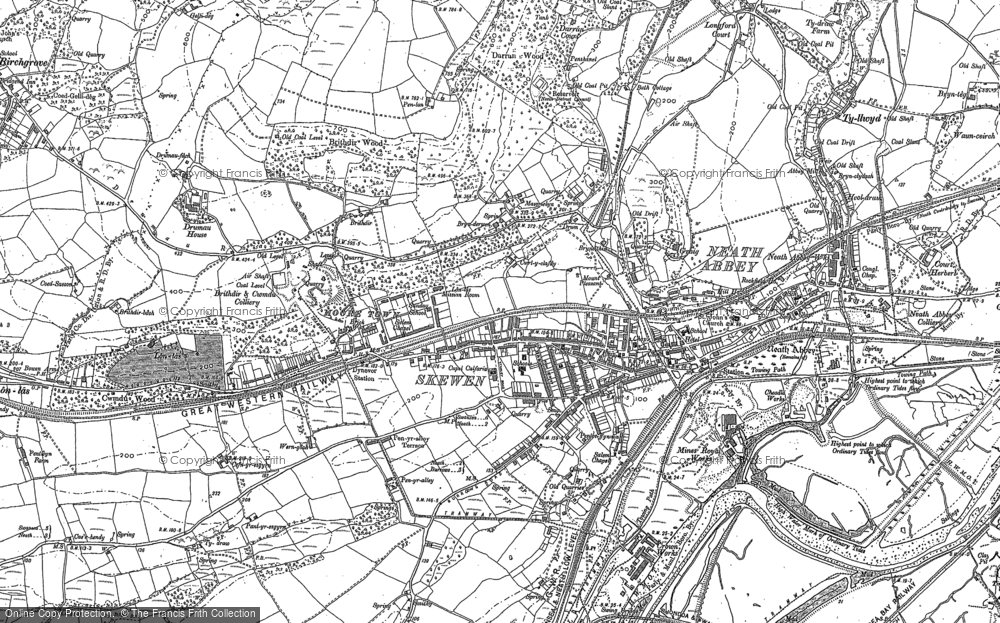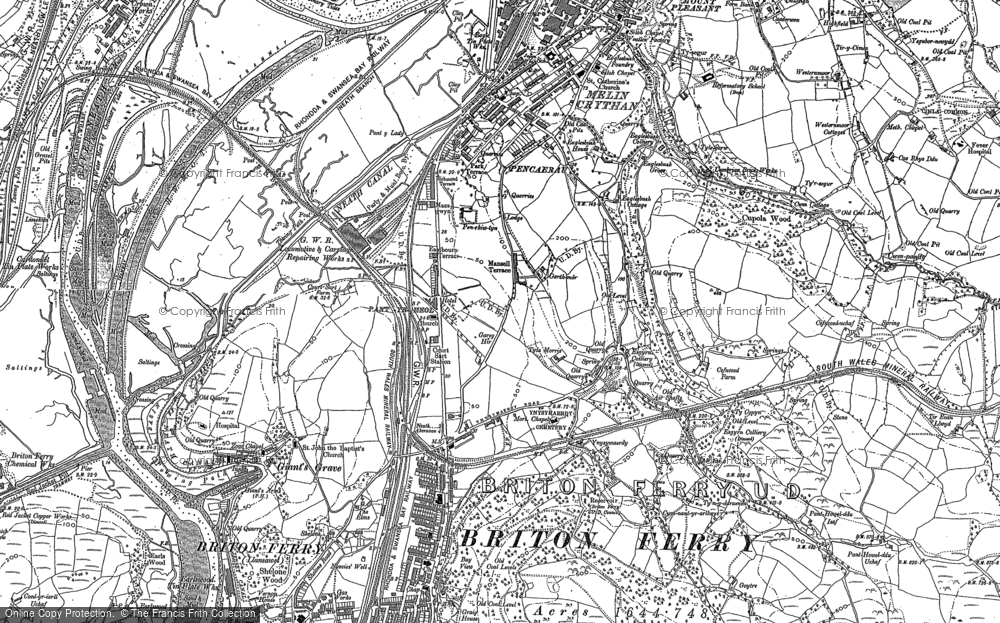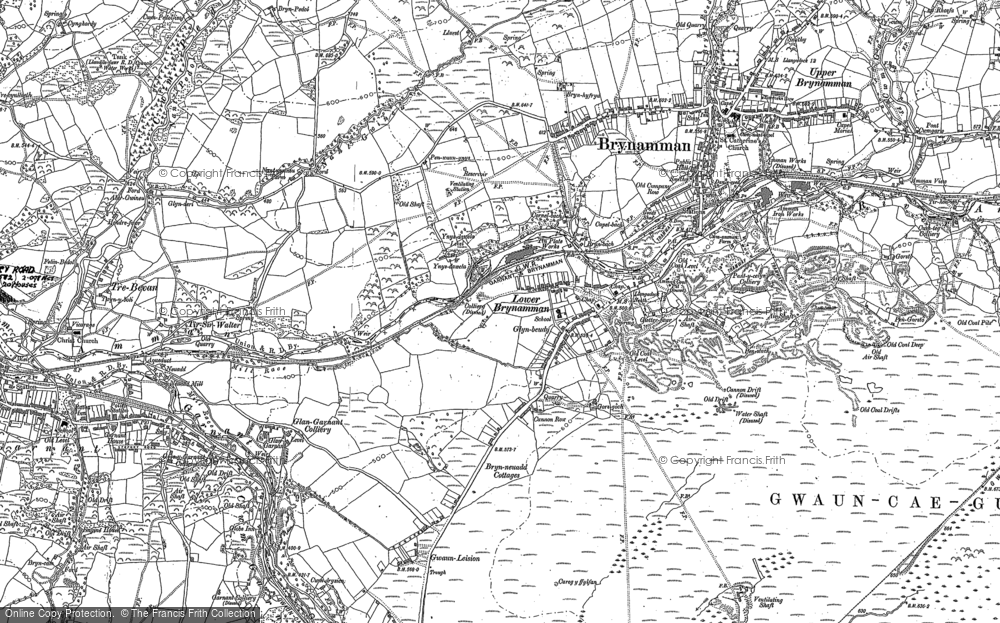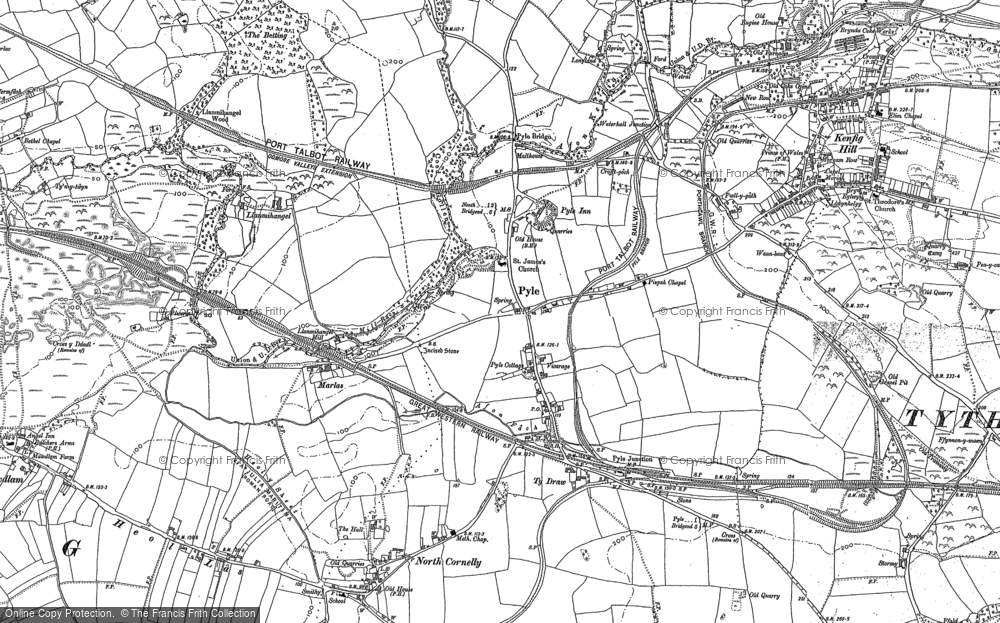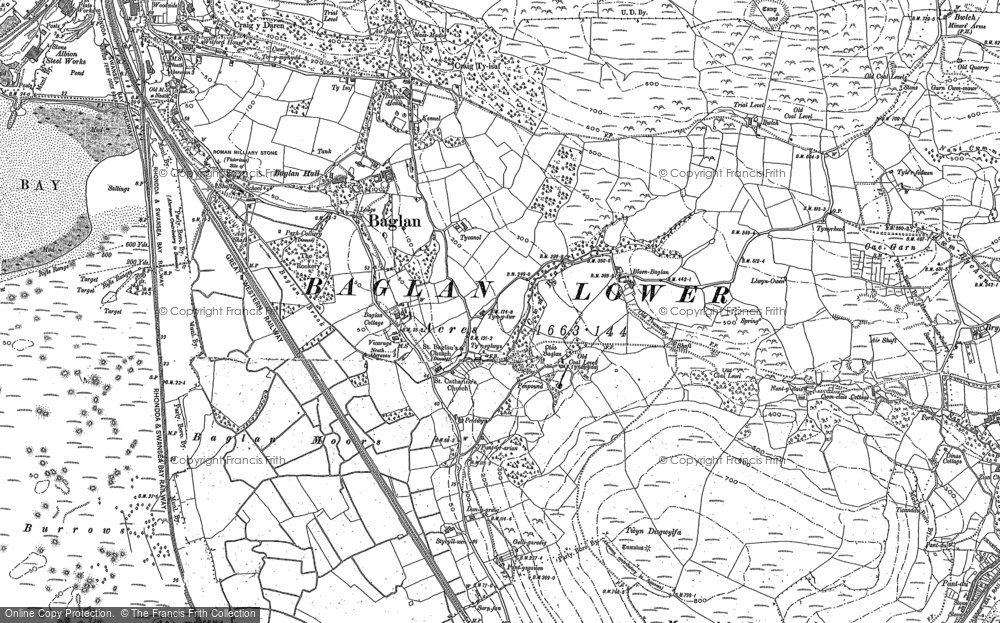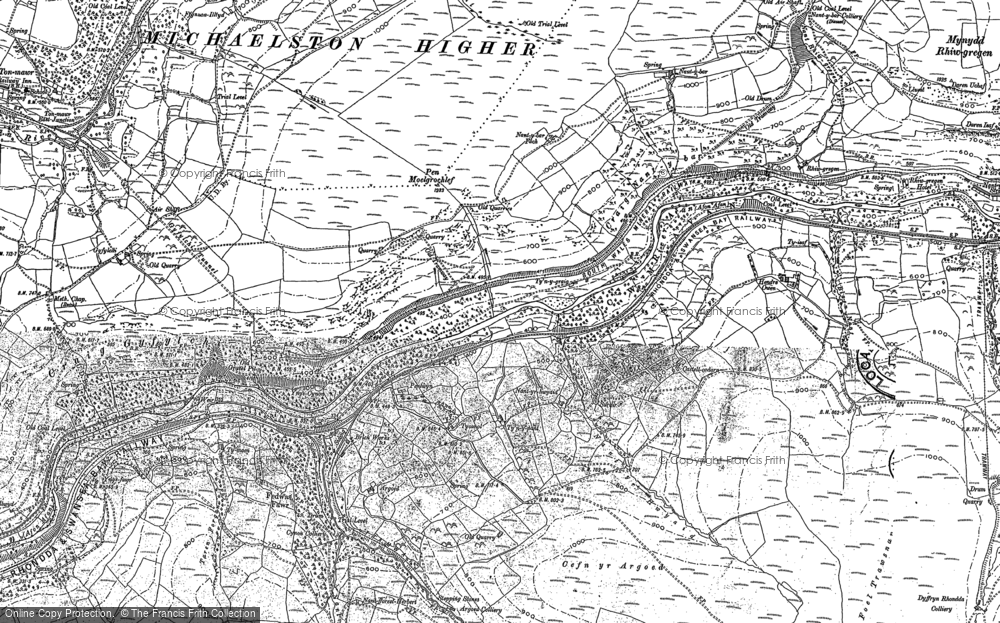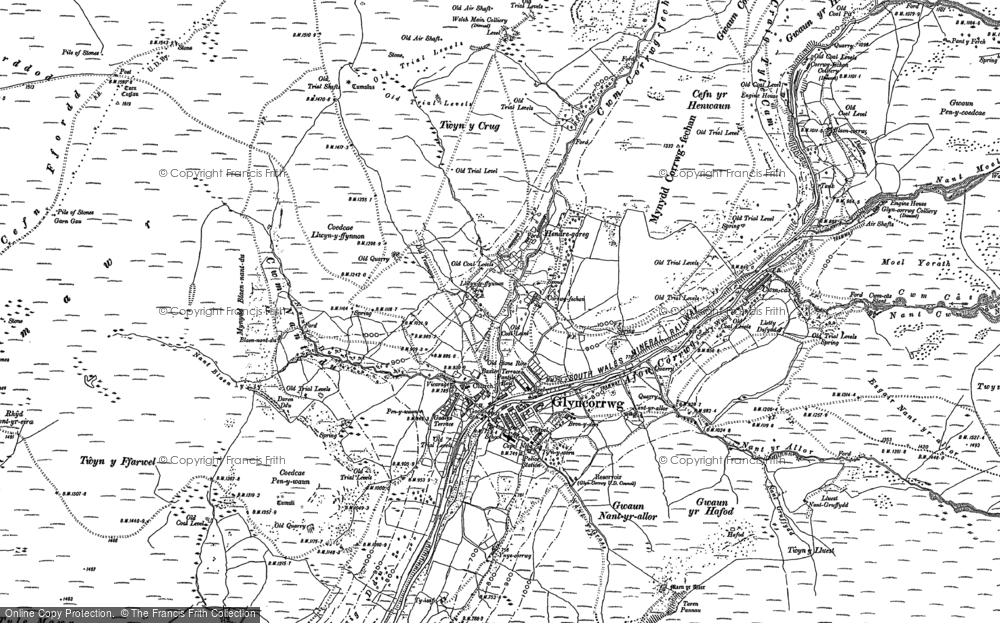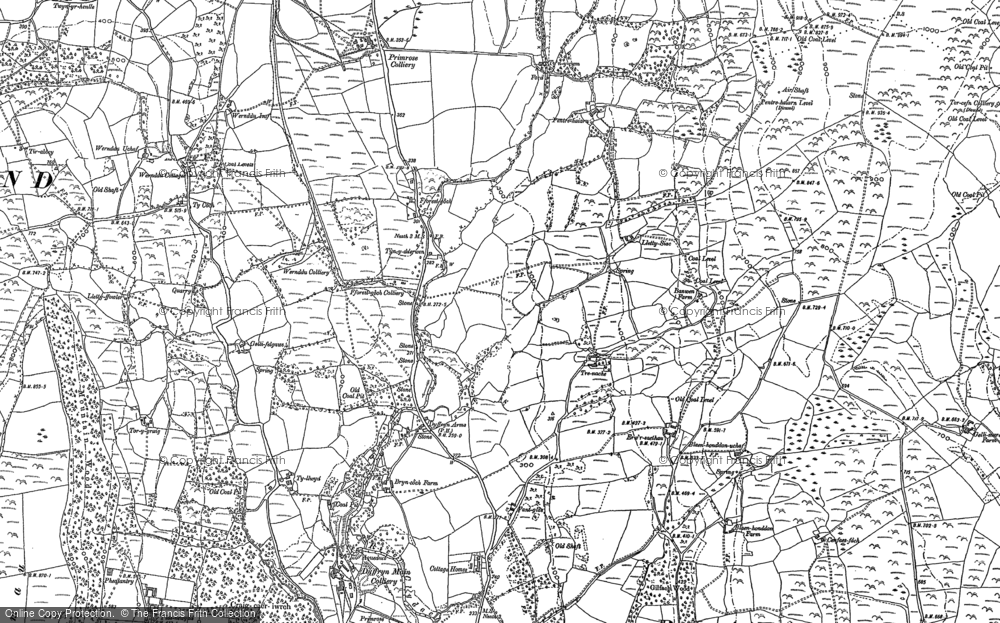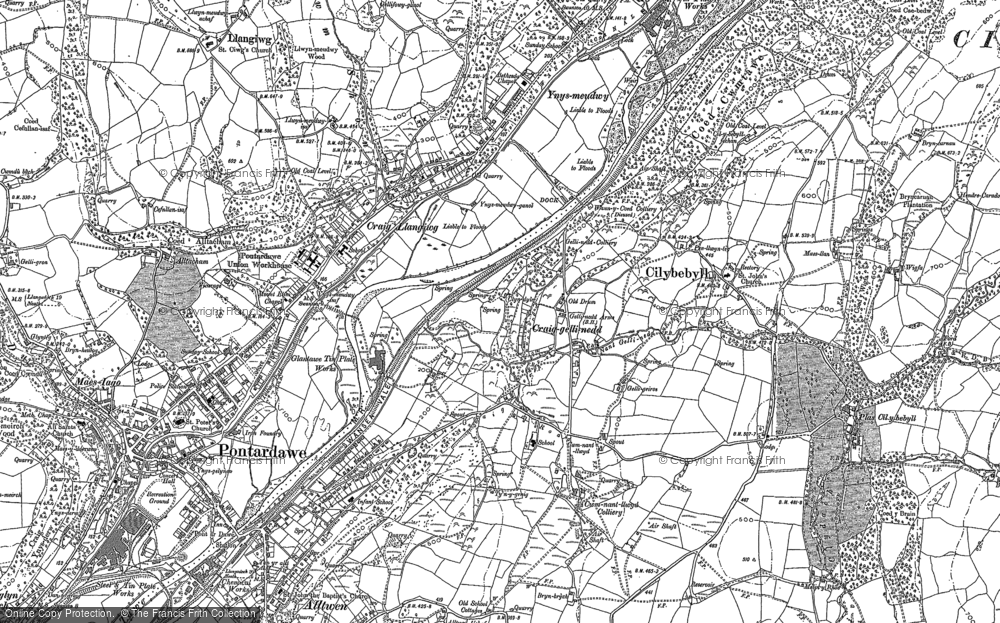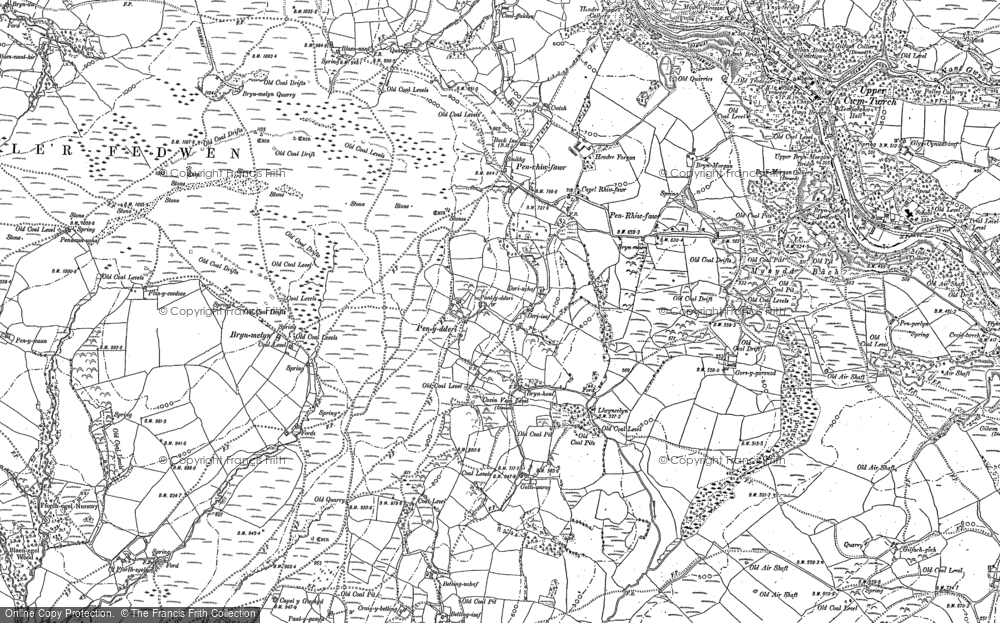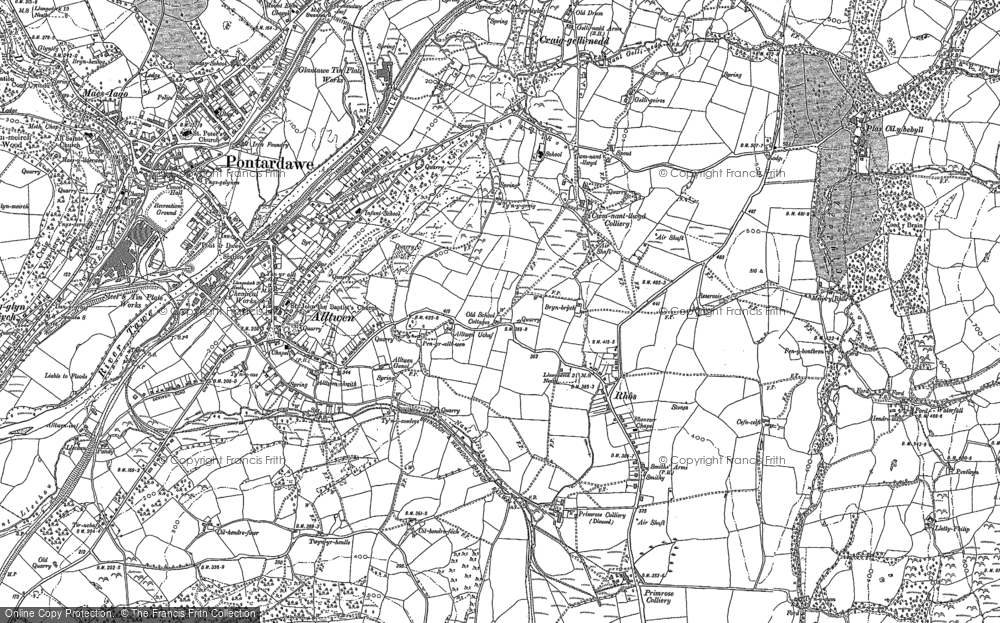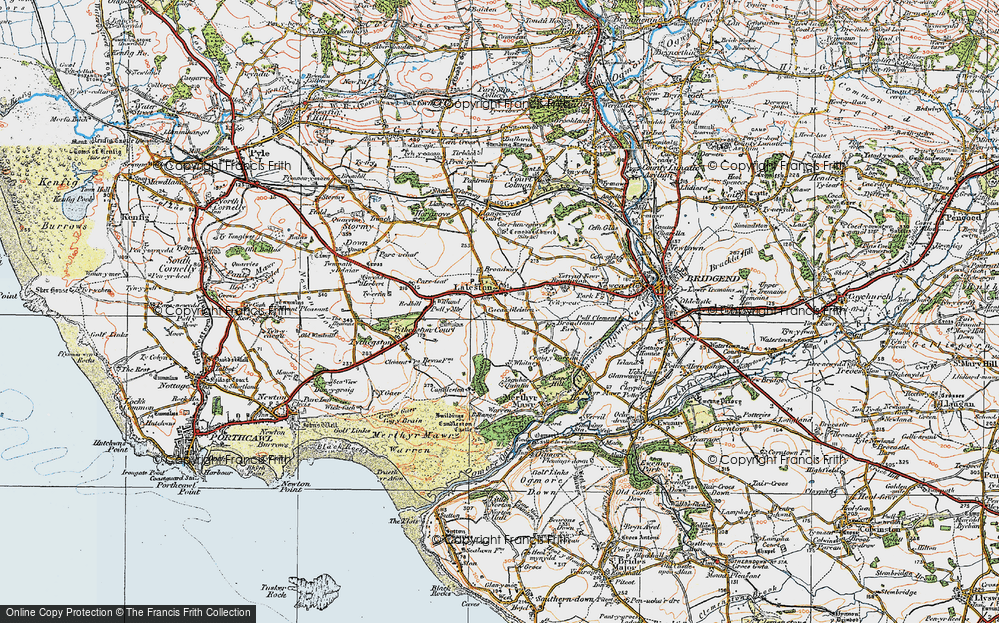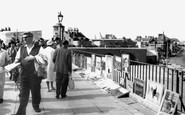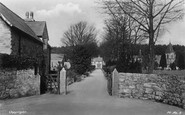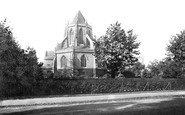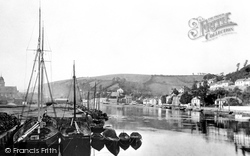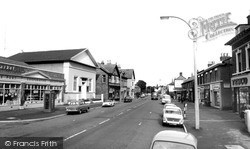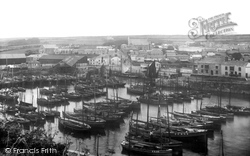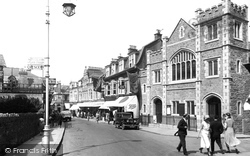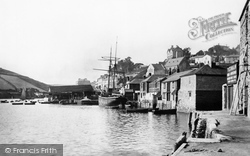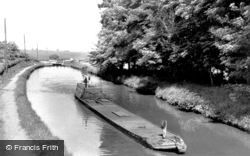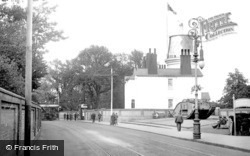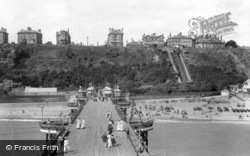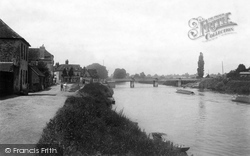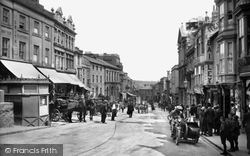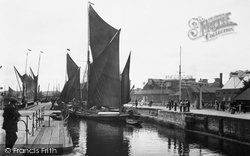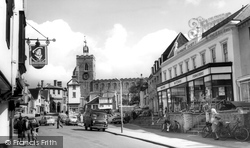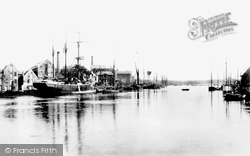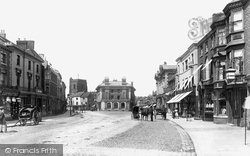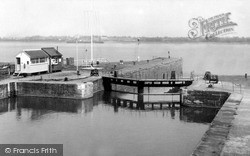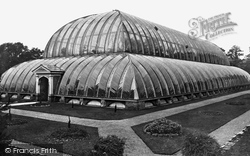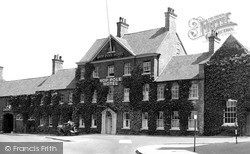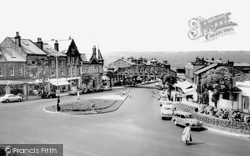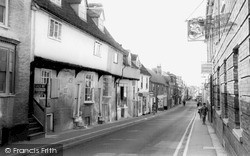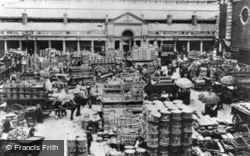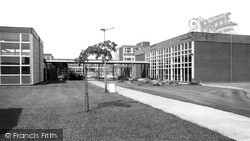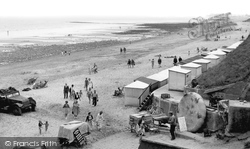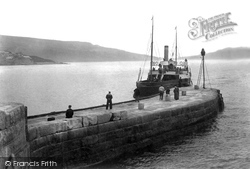Places
Sorry, no places were found that related to your search.
Photos
Sorry, no photos were found that related to your search.
Maps
670 maps found.
Books
4 books found. Showing results 529 to 4.
Memories
1,789 memories found. Showing results 221 to 230.
Reminiscences Of Portsmouth In The Late 1930s
I was born in Portsmouth in 1933. My family and I lived first in Lyndhurst Road - about which I don't recall too much - then later in Merrivale Road. I remember very clearly where Merrivale joined ...Read more
A memory of Portsmouth by
1946 1951 Age 2 Years To 7 Years
I was in St Claire's Orphanage with my two sisters after my father died in 1945. The Rev Mother Sister Phillomina had been a childhood friend of my mother's. This fact did not give us any added privileges. I ...Read more
A memory of Pantasaph in 1948 by
North Shields Test Centre
The building which houses North Shields test cente in Cecil Street was erected in1848 as a chapel for people to worship. It remained this way until 1891 when it changed ownership and became a sauna and plunge baths ...Read more
A memory of North Shields by
First Holiday
My first holiday was when I was 9 years old (in 1958) and my parents and I came to Goodrington. We stayed at Beech Hurst which if I remember correctly was in Youngs Park Road. It was lovely. I made friends with a girl who lived next ...Read more
A memory of Goodrington in 1958 by
Almondsbury South Gloucester
Where do I start ? Living in Monmouth House on the top of Almondsbury Hill. going to Almondsbury village school sitting next to Tony Evans, head of the Patchway gang & a brilliant football goalkeeper. Gaffer ...Read more
A memory of Almondsbury in 1940 by
Member Of St Albans Choir In The 70`s
Friday nights were something I would always looked forward to as it would be choir practice. My sisters and a few other girls were, I think, one of the first female choir members that I can ...Read more
A memory of Teddington in 1974 by
North Ormesby
I was born in Queen St in 1954. I have very good memories of my childhood. People looked after each other because everyone was in the same boat, nobody had nowt. As kids, we used to play down shortie bank on the handcarts. My ...Read more
A memory of North Ormesby by
Ackworth
My grandparents (Mr and Mrs Scorah) used to live in Town End Avenue, Low Ackworth. I remember visiting them with my mother, while my dad was at war. We used to catch the bus from Scunthorpe to Waterdale, Doncaster. Then we would dash ...Read more
A memory of Ackworth in 1940 by
Memories Of Sandy
I lived in Sandy between about 1963 and 1979 and have seen changes even in that short time. It was a fairly quiet village when we first came in spite of the adjacent A1. I went to St Swithuns school in St Neots Road, then Sandy County ...Read more
A memory of Sandy by
St. Oswalds Girls School
I came to Alllerwash Hall, Fourstones, when it was a private girls' boarding school called St.Oswalds. The Second World War had ended that summer and my mother had died just before Xmas that year, I was eleven. I had had a ...Read more
A memory of Allerwash in 1945 by
Captions
1,058 captions found. Showing results 529 to 552.
During the 19th century, Looe was an important copper port; the proceeds from this trade paid for the fine Guildhall just visible on the left. Today, Looe is a fishing and tourist town.
Little Sutton lies just north-west of Ellesmere Port, and in recent years, along with Great Sutton, it has more or less coalesced with it.
The commercial port was, and is, to the left of the picture where vessels of the era appear. The navigation channel is so unstable that pilots check it after each tide.
This working port is at the centre of the sweep of Mount's Bay.
After the decline of its port, Newquay turned its attention to tourism. The population in 1871 was just over 1,000, but by the 1950s it had grown to 12,000.
Salcombe is a small port at the mouth of the Kingsbridge estuary. It is so sheltered and mild that even oranges have been known to grow there.
After that, there was a flight of 21 before a short dash to the company's base, where the cargo would be pumped out. The boats used to take a week to do the round trip of some 160 miles.
The changeover from sail to steam saw a resurgence in business for the port of Lowestoft.
Folkestone has been a channel port since Saxon times, and France is visible from here on clear days. The Old Town is based around the steep narrow streets of the fishing harbour.
It was once a flourishing port and suffered in the skirmishings before the Battle of Worcester, when the church and old bridge were badly damaged.
Commanding the broad sweep of Mount's Bay, Penzance grew prosperous both as a stannary town and fishing port. In this street is a statue to Penzance's most famous son, Humphry Davy.
Ipswich, at the head of the Orwell Estuary, has been a major port for centuries. Here, a sailing barge negotiates the lock gates.
On the left is 'The King's Head', its signboard depicting Henry VIII - John Skelton was tutor to the portly King when he was still Prince of Wales.
Poole is still an important port, though more now the haunt of leisure craft than merchant shipping.
Originally the word 'port' meant market - so the name reminds us that this was a new market town, laid out in the early 12th century when Henry I granted the settlement a special charter.
The Lydney Canal is just one mile long with one lock and the tidal doors seen here, but it was an important and busy port for the shipment of coal from mines in the Forest of Dean.
Demolished shortly after the First World War, this magnificent structure was the brainchild of Joseph Paxton; at the time of its completion in 1840, it was the largest conservatory in the world.
Beyond is Ollerton Hall, late 17th-century and derelict for some years, but shortly to become a Sue Ryder Home.
With a history stretching back to the Romans, and a short period as a 19th-century spa, Ilkley's situation on the edge of the famous Ilkley Moor was always its greatest asset.
The photograph was taken shortly after the High Street was closed to through traffic; the untidy houses on the left will soon become desirable town residences and shops.
market is crowded.The very loading of these wagons is a wonder, and the wall-like regularity with which cabbages, cauliflowers and turnips are built up to a height of some twelve feet is nothing short
The canal was still busy, with a barge taking coal loaded into a series of 'Tom Puddings' - short containers that can be coupled together in any length.
Families are leaving the beach and strolling to the roadway, which is a short distance from the village centre.
Services in Lyme Bay were reinstated for a short time after a break during the Great War, from Weymouth via West Bay on summer Tuesdays and Thursdays, and went on to Seaton, Sidmouth and Torquay.
Places (0)
Photos (0)
Memories (1789)
Books (4)
Maps (670)




